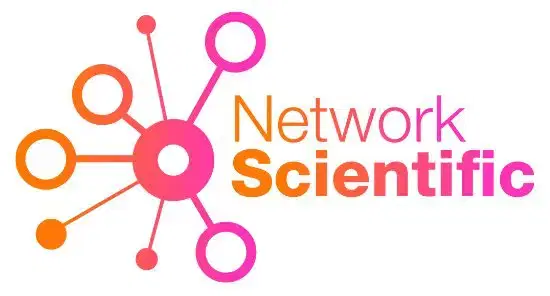What You Need to Do Now to Stay Compliant, Ethical, and Ahead in AI-Driven Marketing
Denmark has proposed its first national AI law in an attempt to closer align with the broader EU AI Act; set for implementation 2nd August 2025. While the law primarily focuses on enforcement mechanisms and ethical boundaries, the consequences will be felt across many business operation, especially marketing.
What Is the EU AI Act?
The EU AI Act is a proposed regulation to ensure that AI systems used in the European Union are safe, transparent, ethical, and respect fundamental rights. It applies to both EU-based and non-EU companies whose AI systems affect people in the EU.

What Is the Danish AI Law?
The new Danish legislation supplements the EU AI Act by:
- Appointing national authorities to oversee AI compliance
- Defining enforcement and consequences for non-compliance
- Reinforcing ethical standards in AI deployment
Though Denmark hasn’t previously had AI-specific laws, this act integrates AI rules into existing legal frameworks, such as:
- GDPR and the Danish Data Protection Act
- The Danish Employment Non-discrimination Act
- The Danish Copyright and Trade Secrets Acts
Why Marketers Should Pay Attention

AI is already deeply embedded in marketing; from personalised content and chatbots to predictive analytics and automated ad targeting. The new law introduces a few key considerations:
1. Transparency in AI-Generated Content
Marketers must clearly disclose when content is AI-generated. This includes:
- Product descriptions
- Social media posts
- Chatbot interactions
Implication: Brands will need to label AI-generated content or risk penalties.
2. Bias-Free Targeting
The law reinforces anti-discrimination principles. AI tools used in ad targeting or recruitment must not:
- Profile users based on attributes such as; race, gender, political or religious views.
- Use algorithms that can’t be audited
Implication: Marketers must audit their AI tools for fairness and explainability.
3. Data Ethics and Consent
AI systems must comply with GDPR and Danish data protection laws. This means:
- Explicit user consent for data use
- Clear opt-out mechanisms for profiling
Implication: Consent management platforms and privacy-first marketing strategies are now essential.
Turning Compliance into Competitive Advantage
Rather than viewing these regulations as a burden, forward-thinking marketers can use them to:
- Build trust with transparency and ethical practices
- Differentiate by showcasing responsible AI use
- Future-proof their strategies for broader EU compliance
Action Steps for Marketers
- Audit your AI tools: Ensure they comply with transparency, fairness, and data protection standards
- Update your privacy policies to reflect new consent and disclosure requirements
- Educate your marketers on ethical AI practices and legal obligations
- Educate your team to ensure cross-functional alignment on compliance
While the UK and US have not, as yet, adopted similar regulations, they are taking their own approaches to AI regulation. The UK is moving towards a more structured approach to AI regulation, but this is likely to be lighter than the EU’s.
Denmark’s AI law is a call for marketers to lead with integrity in the age of automation. By embracing these changes, brands can not only stay compliant but also build deeper, more authentic relationships with their audiences.
Further Information:
EU and UK approaches to AI: Latest developments
